‘Erdogan wants to set an example in Switzerland too’
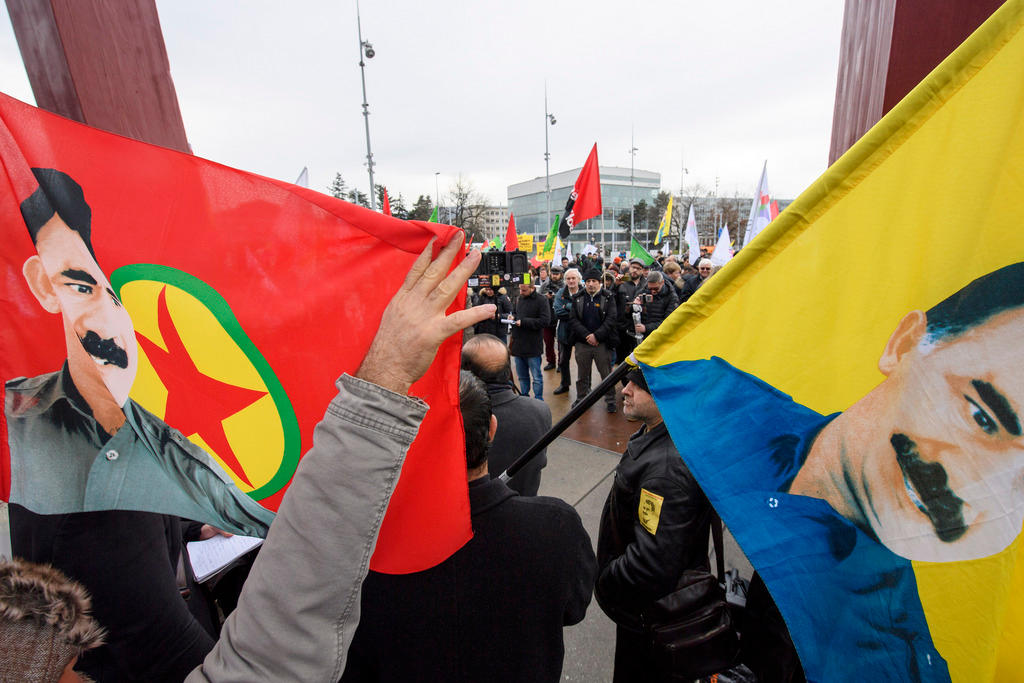
Turkey has called on Switzerland to arrest, and sentence if necessary, critics suspected of defaming President Recep Tayyip Erdoğan. Swiss journalist Fabian Eberhard explains what is behind Ankara’s requests for legal assistance.
The autocratic regime of Erdoğan keeps tightening the screw, cracking down on its opponents. In one of the latest moves on February 8, the government sacked nearly 4,500 civil servants, most of them working in education.
Following the failed coup against Erdoğan last August, the regime has also been trying to extend its reach to Switzerland. The Swiss justice authorities have received several requests for legal assistance from Ankara, as the SonntagsZeitung newspaper revealed last month.
A spokesman for the Federal Justice Office confirmed to Eberhard, a specialist on Turkey, that “half a dozen” requests were filed by Ankara. It is not clear how Switzerland will respond.
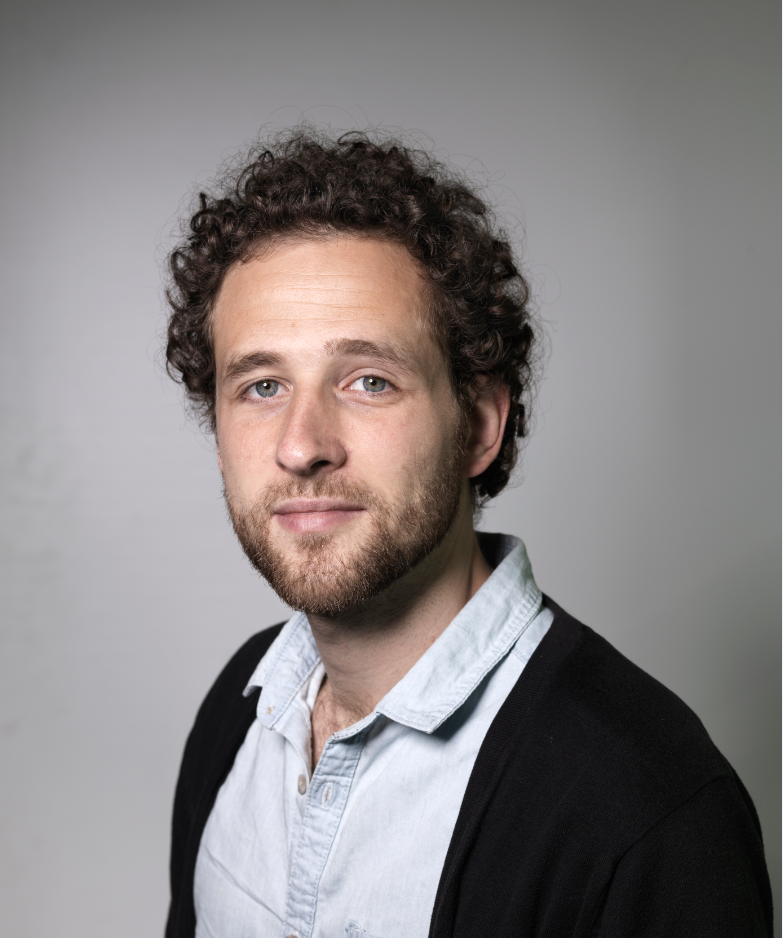
During a visit to Bern last November, the Turkish foreign minister criticised the Swiss authorities for failing to protect the pro-Erdoğan members of the Turkish community. The allegations were rejected by the Swiss government.
swissinfo.ch: It’s not enough for Erdoğan, it seems, to hold Turkey in an iron grip. He also wants to punish his critics in Switzerland. Why is it so important to him?
Fabian Eberhard: It might be a way for Erdoğan to test the Swiss government. But primarily he seems to be keen on setting an example by intimidating his opponents – even those outside Turkey.
In addition, the Turkish president probably feels easily offended, and as a result, he takes action against his critics – sometimes arbitrarily.
swissinfo.ch: How realistic is it that Erdoğan critics in Switzerland will be detained, interrogated and possibly punished?
F.E.: It depends on the crime they committed. Switzerland in principle grants legal assistance to Turkey. There have been several cases in the past when the Swiss authorities extradited people to Turkey. It was mainly Kurds who were accused of terrorist activities for the Kurdish Workers Party (PKK).
But I reckon the Swiss authorities have taken a more careful approach following a series of crackdowns and purgesExternal link in Turkey.
People who insulted Erdoğan on social media are not likely to be held accountable by Switzerland.
As rule, Switzerland grants legal assistance to Turkey.
Insulting and defaming a foreign head of state are criminal offences under Swiss law.
In 2011, parliament threw out a reform proposal to strike the respective articles from the law.
Based on a European convention, Switzerland can reject a request for legal assistance if the legal procedure is politically motivated. (Fabian Eberhard)
swissinfo.ch: How strong is the pressure that Erdoğan is putting on Switzerland with the requests for legal assistance?
F.E.: The requests for legal assistance are more likely to be a side story for Erdogan. He targets other countries. Therefore, the pressure is very limited.
swissinfo.ch: How should the Swiss authorities react?
F.E.: It is not clear what the suspects are accused of. If it is really only about insulting Erdogan on social media, then it is a clear case, I think. The Swiss must not help an autocratic ruler to intimidate political opponents and muzzle them.
The Swiss authorities have to ensure that they are not used by Erdogan to fight his opponents. The European convention on legal assistance in criminal matters allows Switzerland to refuse legal assistance if it considers the procedure to be driven by political motives.
swissinfo.ch: What is at stake for Switzerland?
F.E.: This is a difficult question. Switzerland has economic and political ties with Turkey of course.
I’m not sure these relations would be seriously damaged by a few legal cases. The rejection of legal assistance may perhaps lead to a temporary diplomatic alienation behind the scenes.
Germany with its refugee deal stands to lose much more than Switzerland.
swissinfo.ch: Do you see any possibility for countries, particularly European democracies, to block Turkey from becoming an authoritarian country?
F.E.: Turkey is already a country ruled by an autocratic regime. Erdoğan wants to extend his power and silence any kind of opposition.
Countries like Switzerland have to exert pressure through diplomatic channels, by calling on Turkey to respect human rights and by supporting the democratic forces in Turkey’s civil society.
Erdoğan should be given no choice. If he continues down the same road, he has to face the consequences – also economically. This is the whole point.
Adapted from German by Urs Geiser

In compliance with the JTI standards
More: SWI swissinfo.ch certified by the Journalism Trust Initiative
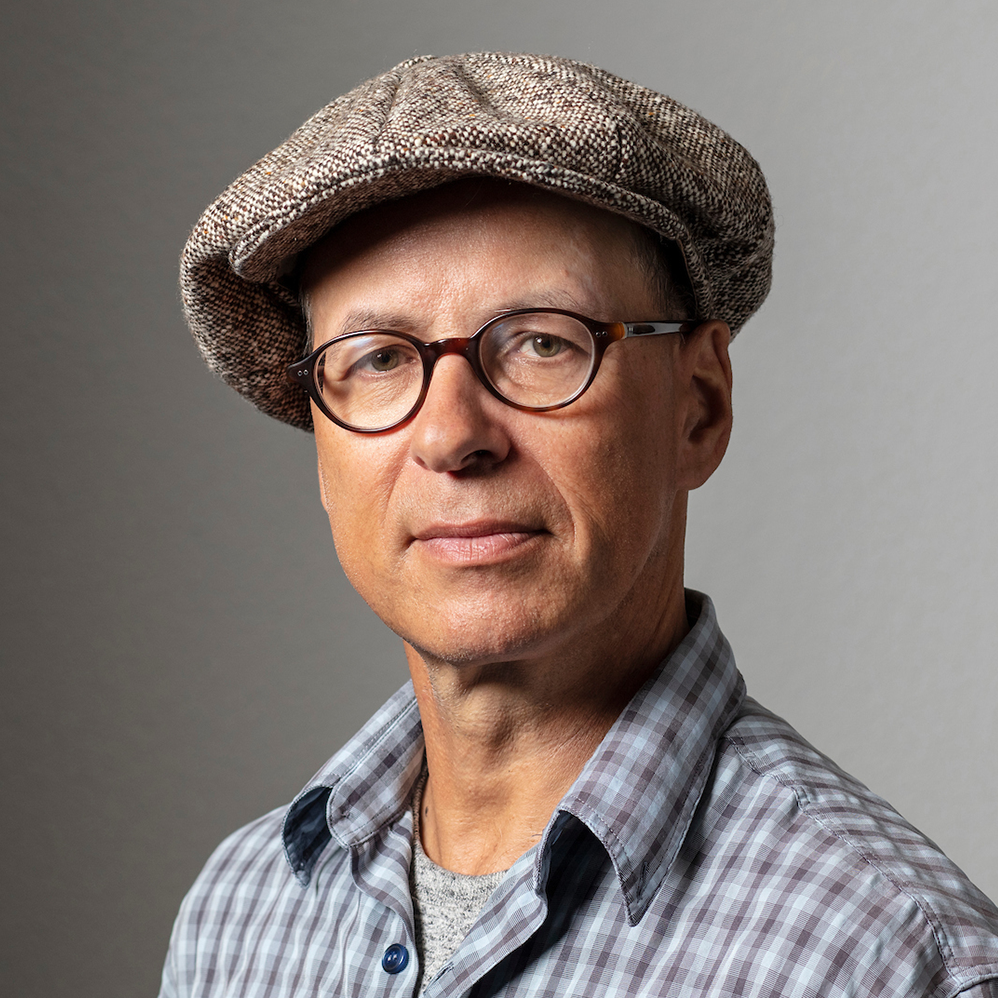
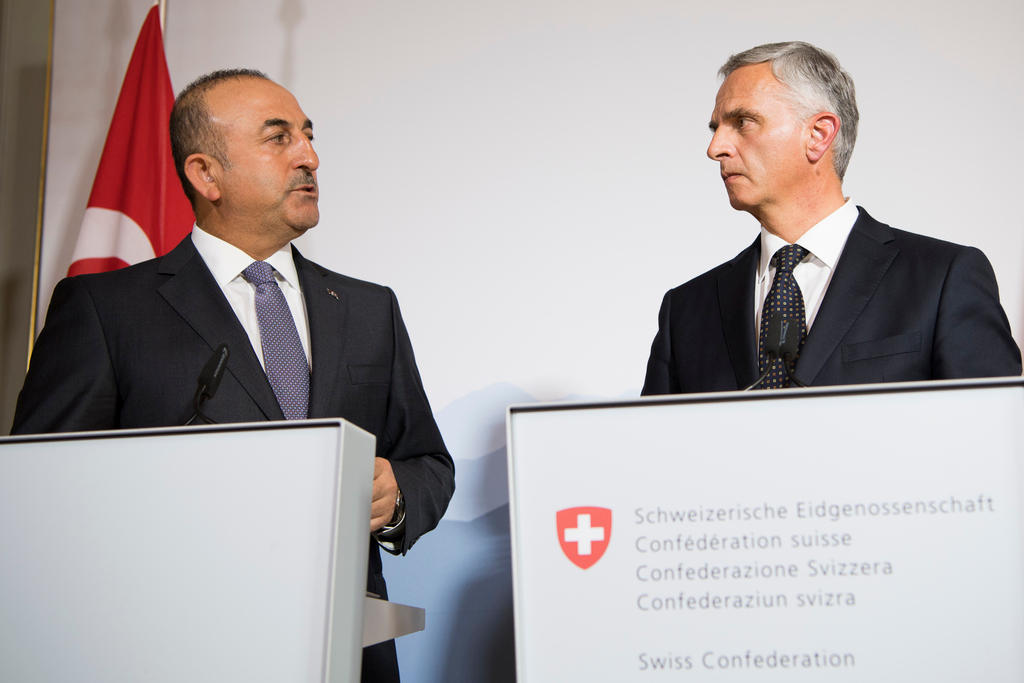
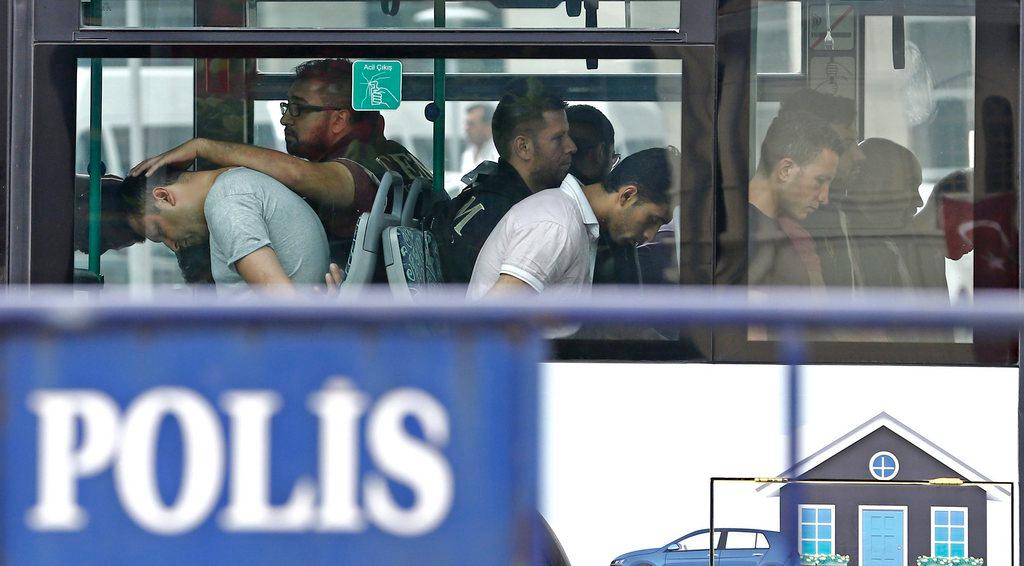
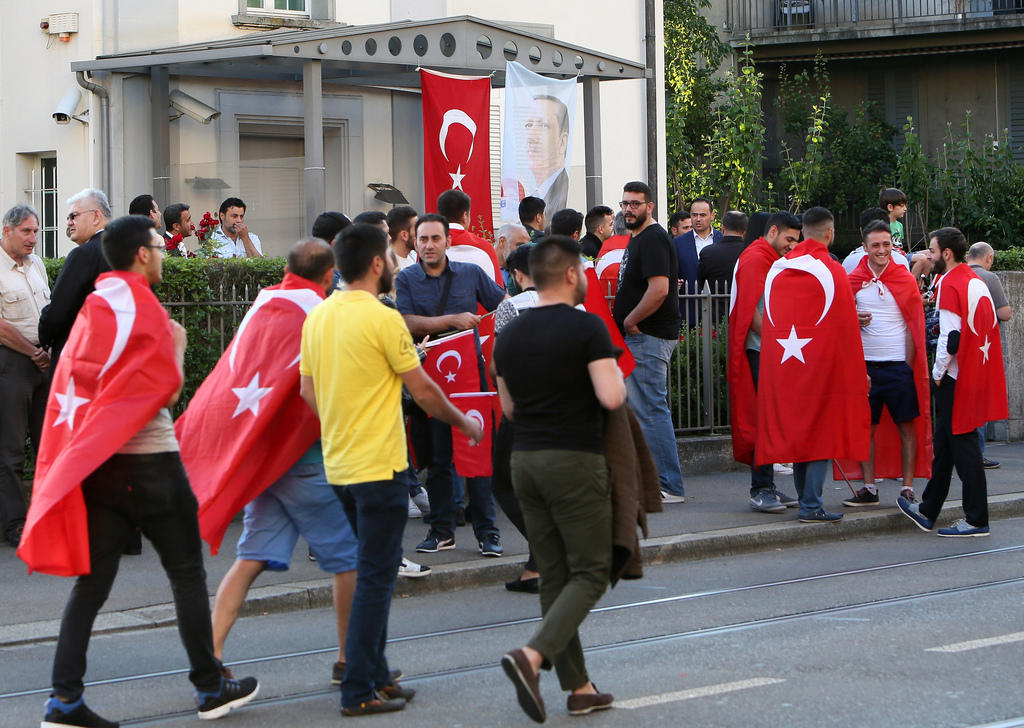
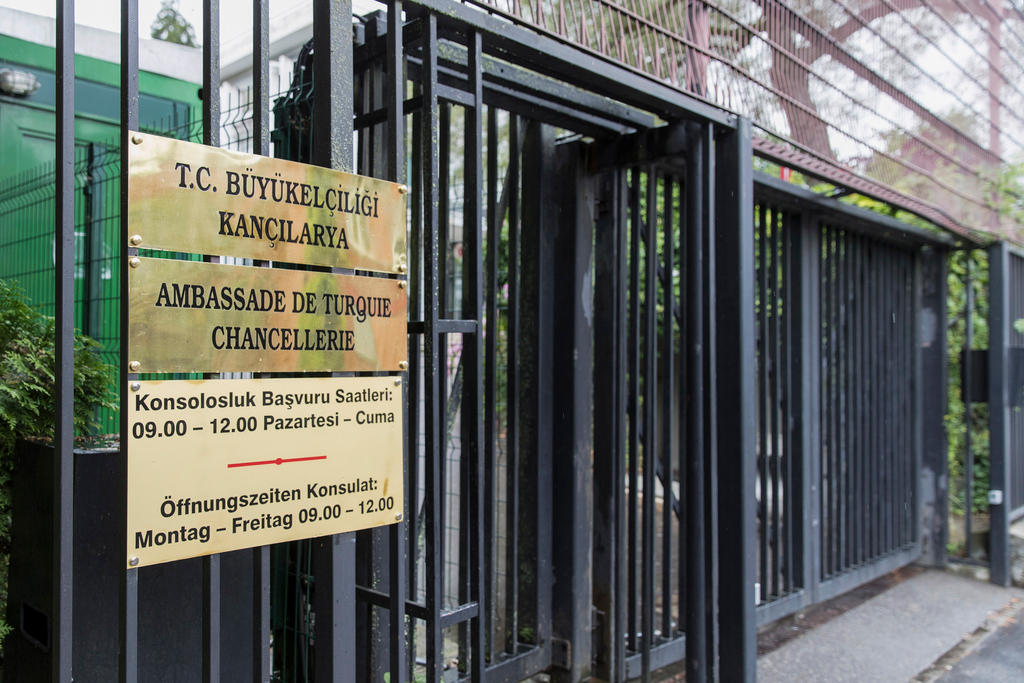
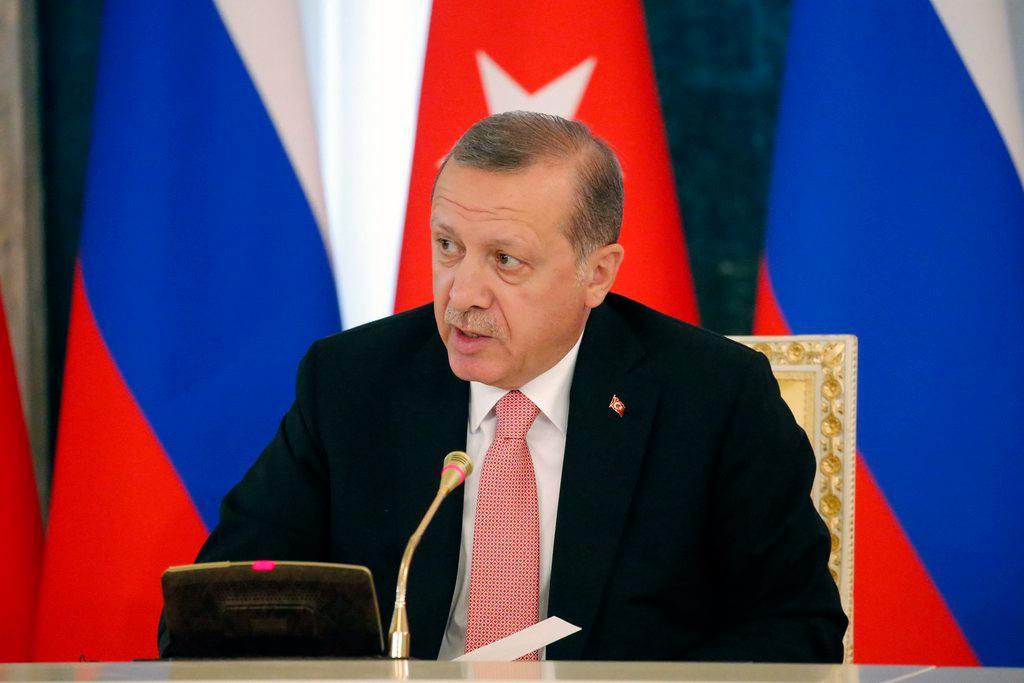
You can find an overview of ongoing debates with our journalists here . Please join us!
If you want to start a conversation about a topic raised in this article or want to report factual errors, email us at english@swissinfo.ch.